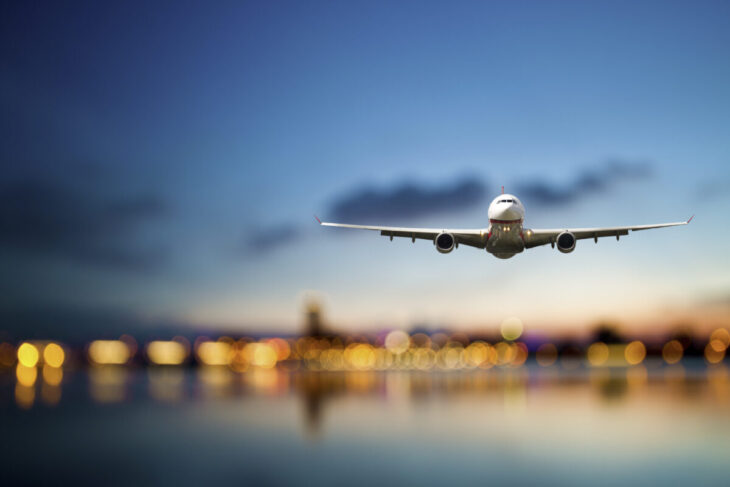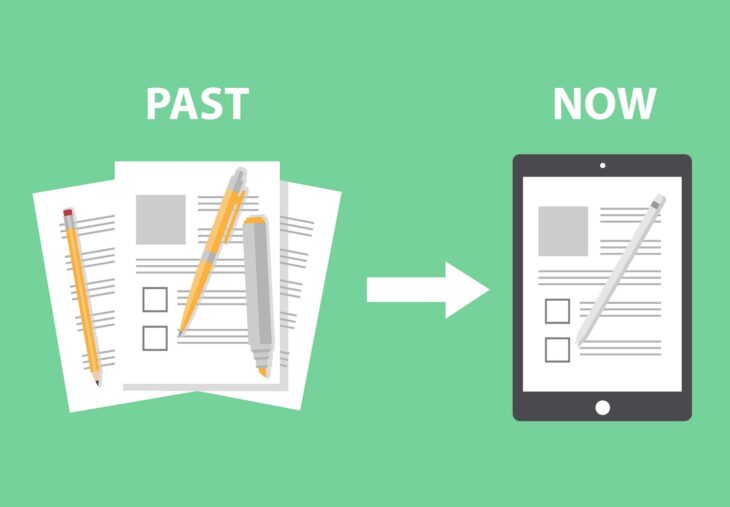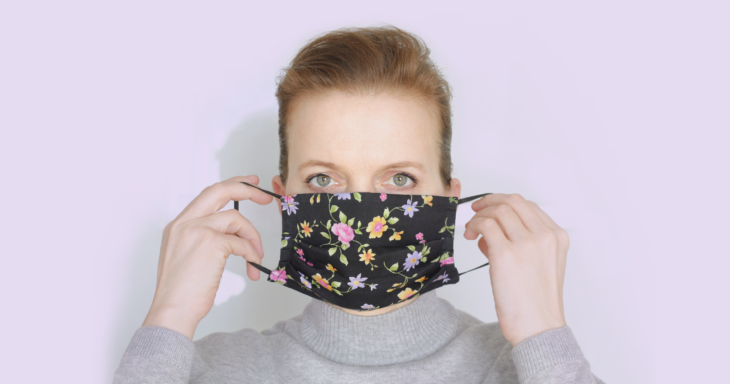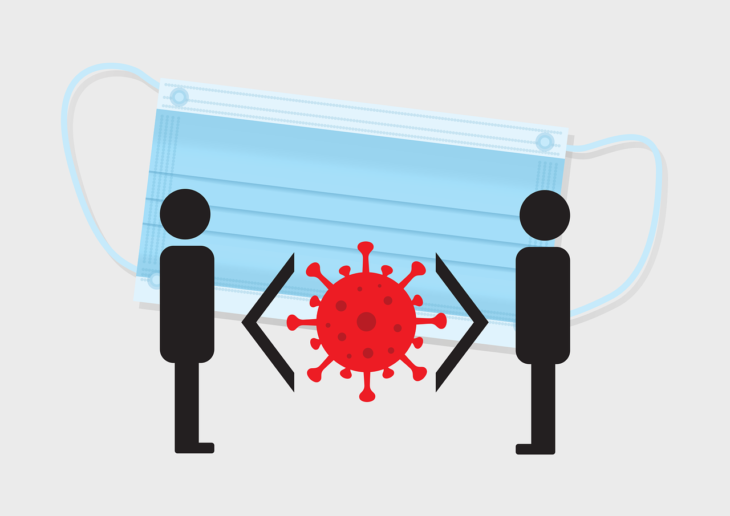As countries around the world begin to reopen, we’re all getting the itch to start traveling once again. However, although it’s still possible to travel across the world, the way that we travel has changed considerably over the course of this summer. As a result, before you leave home and head to the airport, it’s vital that you know the new rules. This way, you can stay safe and protect those around you. With this in mind, here’s how to stay safe while traveling in Covid times.
Contents
1. Learn the quarantine rules

img source: toiimg.com
Around the world, countries are opening at different rates. For example, although you can freely fly to and from the Greek islands (except Mykonos) without quarantining on arrival or on your return, if you fly to France you’ll need to isolate for 14 days when you land back home. Similarly, if you fly to Mauritius, then you’ll have to quarantine for two weeks when you arrive. A potential quarantine period may ruin your holiday plans if you’re unable to self-isolate when you arrive or when you return. As a result, you need to do your research before you travel. This guide to quarantine rules from the BBC is very helpful and is updated regularly.
2. Get a fit-to-fly certificate

img source: medinaction.com
If you’ve suffered from coronavirus or another respiratory illness, you may need to produce a fit-to-fly certificate before you travel. Similarly, if you’re heading to one of the countries that England has established a travel corridor with and you’re looking to avoid a period of quarantine when you arrive, then you may need to produce a negative Covid test when you land. If either of these situations applies to you, then you’ll need to pay for the relevant testing. The government state that you cannot use NHS testing for these purposes, so you’ll have to approach a private provider like Medicspot.
3. Go paperless where possible

img source: kinstacdn.com
While you’re traveling, it’s important you limit the number of contact points you interact with. Thankfully, with the help of technology, we can automate most of the process and complete most of the essentials online.
Policies will vary, but before your trip, you should read all of the relevant documentation to ensure you’re completing as much of the process virtually as possible. So, where possible, try to check-in online and carry your boarding card on your phone rather than holding a paper version.
Similarly, instead of taking cash on holiday with you, preload a card with all of the money you require. Contactless is actively encouraged in many countries anyway and you’ll lower your risk of transmitting and spreading the virus by not handling notes and coins.
4. Wear a face covering at all times

img source: babylonhealth.com
From the moment you arrive at the airport in England to the second you leave the airport in your destination, you’ll need to wear a face covering. To make travel safe for everyone, face coverings are now mandatory in airports and on airplanes according to Government advice on gov.uk. Throughout your time at the airport, you’ll be asked to keep your face covering on. This may even include the security screening process, so keep your mask on unless you’re specifically asked to take it off by a member of airport security.
There are exceptions to this rule when you’re on the plane. But, generally speaking, you can only remove your face covering to:
- Communicate with someone who relies on lip-reading
- Avoid harm or injury
- To take medication
- To eat or drink, if reasonably necessary
If you’re not required to wear a face covering, you should always ensure that you’re carrying a badge or card that communicates this to staff members at the airport and flight attendants.
Thankfully, the way that air circulates and is filtered on airplanes makes it very difficult for the virus to spread, but you should still take every possible precaution.

img source: lse.ac.uk
In addition to the above, you should also make sure you’re following the rules regarding social distancing at every possible stage. Airports are notoriously busy places, but a reduced flight schedule means that many airports have been able to implement policies to help travelers stay safe.
So, as you arrive at the airport, keep an eye out for all relevant signage and floor markings. On top of this, make sure you listen out for any announcements, as these may tell you where to go.
When you’re seated on the plane, you’ll also notice several changes that are designed to keep passengers safe. Most airlines have got rid of the middle seat entirely and are flying with a skeleton staff. To comply with social distancing, you’ll be asked to stay seated at all times (unless you need the toilet).
6. Carry essentials with you

img source: okcommerce.gov
The best way you can stay safe is by being prepared for every eventuality. So, plan to take spares of everything you need and make sure you keep them to hand. Make sure you have:
- At least one spare face covering
- All of your tickets and passes (preferably stored on your mobile rather than paper versions)
- Contactless payment cards (taking multiple is helpful in case you encounter problems with one)
- Hand sanitizer
- Essential medicines
- Tissues
7. Learn the local rules

img source: brightspotcdn.com
Finally, when you’re abroad, you’ll need to remember that Covid-related rules might be different from the ones you’re used to. For example, some French cities are subject to curfews and in some Spanish cities, you’ll need to wear your mask in outdoor spaces. As a result, you should check the latest guidance for your destination before you travel. But remember, as, with everything Covid-related, the situation is changing regularly. Due to this, you should also watch the news while you’re away in case anything changes.
Follow these seven rules and you should be able to enjoy a fun, safe holiday. Covid may have changed the way that we travel, but there’s no reason why it should spoil our fun. So, follow these tips and you’ll enjoy a safe break.
